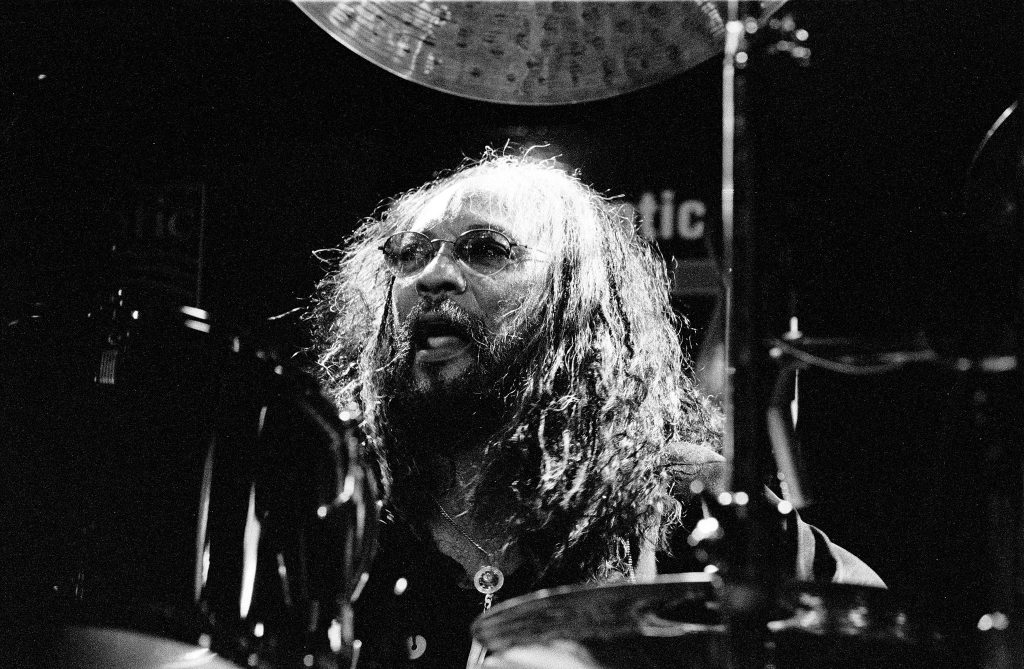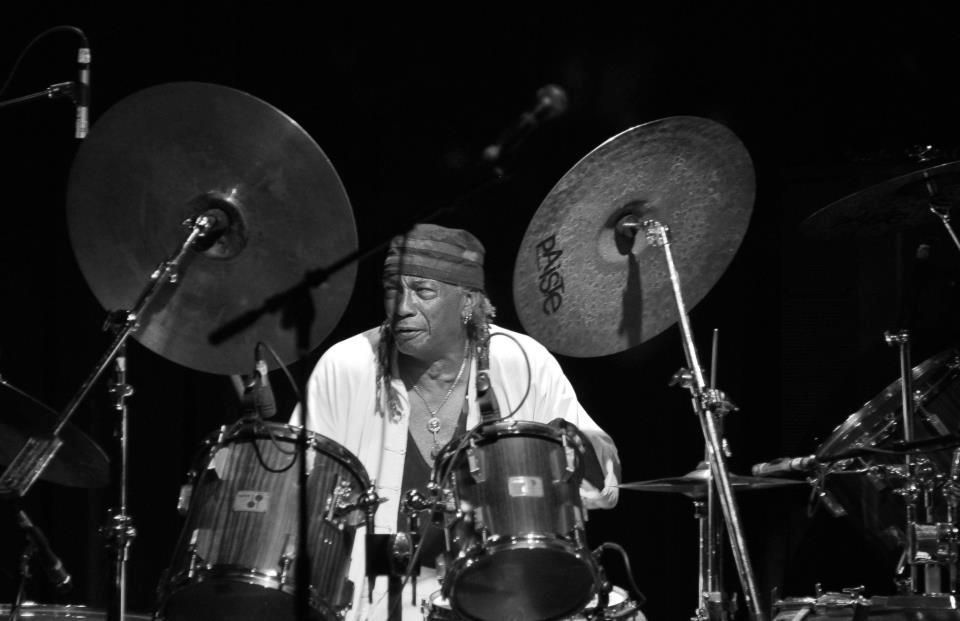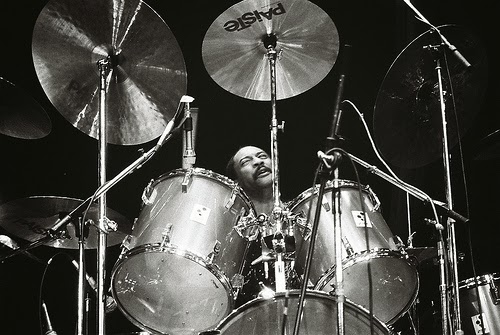Talking of the most influential drummer of all time and the name of Ronald Shannon Jackson will not miss the top list.
There is so much the drummer has done that will always remain in history books. If he had only played with Avant-garde jazz figures like Albert Ayler and Ornette Coleman, and did nothing else, his stature would still stand.

This was his major task for twelve years, between 1966 and 1978. And when Cecil Taylor took her music career to greater heights, Jackson was behind the drums, ensuring everything was in order.
But Ronald Shannon Jackson was not satisfied just yet. He was focused on making his name encrypted in the industry forever.
He began by incorporating parade-drumming patterns, African Rhythms, and funk into a singular and unique style. You could tell from anywhere that the sounds did not come from a normal drummer.
Jackson used everything he had on his mind to create unique styles because he always wanted to give out something new. It was difficult to get African beats working harmoniously with other beats, making those who listened admire how much he could do. This style has been used years later to build other music projects and create new genres.

And Jackson did not stop there. He continued on the upward scale and managed to form his critically acclaimed Decoding Society which gave rise to the likes of Living Color guitarist Vernon Reid. The Rollins Band bassist Melvin Gibbs also attributes his roots to this group.
Even through his successful moments, Jackson is passionate about making other people follow in his footsteps. His influence spread across the industry, giving rise to stronger and more aggressive drummers.
When Reid wrote in a Fort Worth Weekly article, he had every good thing to say about the late drummer. First, it was Jackson’s composition skills that made him want to learn more. Besides, drumming was not what Jackson did; it was what he lived.
He has a special way of synthesizing blues shuffled with African I beats through the eye of an artist who draws emotion from every beat he works on. Reid noted that this collision of values in Jackson’s work truly represented American culture.
All his compositions bore something more, just words and sounds. They were filled with emotions and strong messages that could be carried to different parts of the world.

Jackson has a seismic rumble that he presents through his drums. This approach powered sessions managed by John Zorn and Bill Laswell. It is always as if these artists left their fate in the hands of the drummer, who knew exactly what to do at any given moment. Every album and every song he played differed slightly from others.
Jackson’s performance reached its highest-level extremity in the Last Exit. In this take-no-prisoners punk-jazz, Laswell, saxophonist Peter Brotzmann and guitarist Sonny Sharrock enjoyed the full advantage of working with Jackson. “It was a moment of joy and true power.” One of them said.


